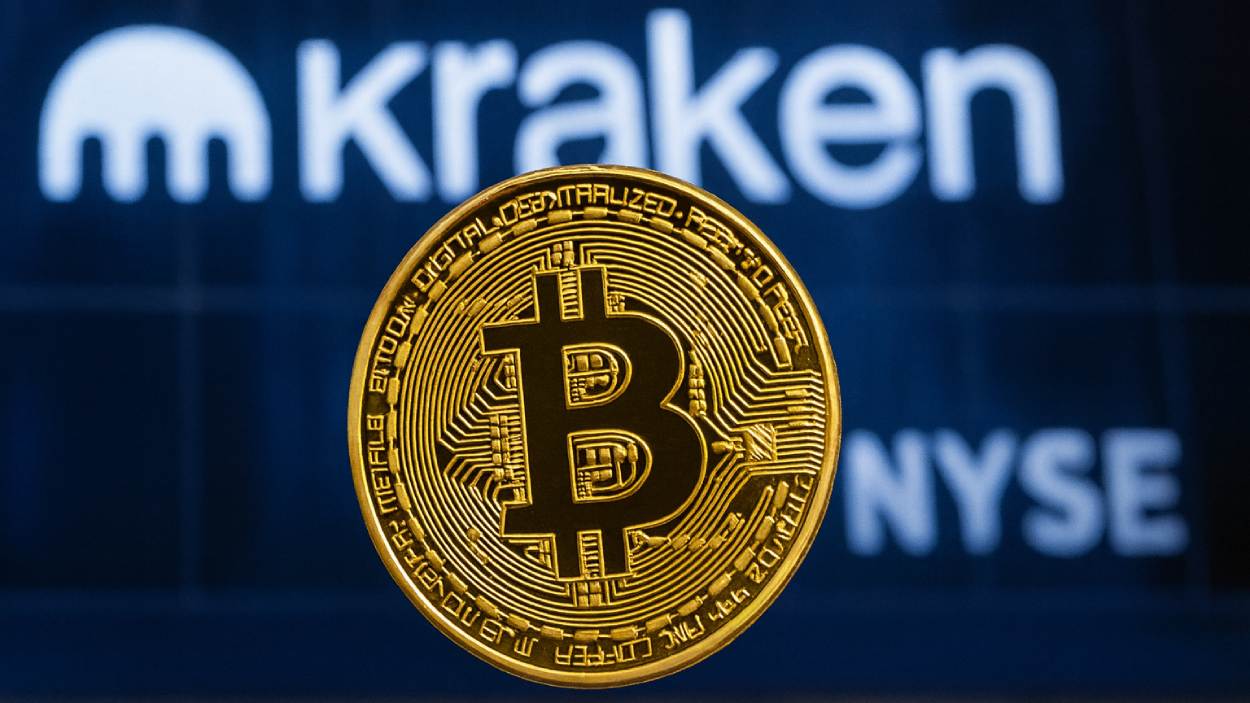Coinbase Global, Inc. is moving its legal incorporation from Delaware to Texas in a major corporate shift that signals growing concern over Delaware’s business court environment and rising competitiveness of Texas’ corporate law.
Key Takeaways
- Coinbase has filed to reincorporate in Texas, ending its long-standing registration in Delaware.
- Delaware’s courts are viewed as unpredictable, leading to legal uncertainty for corporate governance.
- Texas is gaining traction as a legal hub, offering specialized business courts and pro-innovation regulations.
- Coinbase made the move after reporting strong Q3 earnings, beating expectations by 45 percent.
What Happened?
Coinbase officially announced its plan to exit Delaware and legally register in Texas, according to a filing with the U.S. Securities and Exchange Commission. The company cited Texas’ more stable and predictable legal environment as a better fit for its fast-evolving business. Chief Legal Officer Paul Grewal emphasized that Delaware, once prized for its fair and consistent court rulings, has become increasingly volatile in its treatment of corporate governance.
Today @Coinbase is announcing our decision to leave Delaware and reincorporate in Texas. This decision was not made lightly, but we’ll always do what’s best for our customers, our employees, and our shareholders. 1/6
— paulgrewal.eth (@iampaulgrewal) November 12, 2025
Background and Business Context
Delaware has historically been the go-to state for corporations due to its respected Court of Chancery and established legal framework. More than half of publicly traded U.S. companies are registered there, along with nearly two million corporate entities. However, companies like Coinbase are now questioning whether that reputation still holds. Grewal pointed to expanded scrutiny of corporate leaders and recent legal decisions that threaten boardroom autonomy as key concerns.
One pivotal moment was when Delaware’s Chancery Court invalidated Elon Musk’s $56 billion pay package, sparking widespread corporate backlash. Musk then moved several of his companies’ legal registrations out of Delaware and into Texas and Nevada. Coinbase is now following suit, joining what many are calling the “Dexit” trend.
Why Coinbase Made the Move?
For a crypto exchange like Coinbase, legal certainty is not just a preference, it is a necessity. Texas offers several advantages that align with Coinbase’s goals:
- Specialized business courts, recently established to handle corporate disputes efficiently.
- Senate Bill 29, which codifies the business judgment rule to protect company leaders from excessive liability.
- Lower regulatory burden and operational costs, making it attractive for high-growth, innovation-driven companies.
- A legal environment that favors predictability and corporate autonomy, essential for public firms navigating complex financial systems.
Coinbase’s Grewal remarked, “It is a shame that it has come to this, but Delaware has left us with little choice”, adding that although he respected Delaware’s history, the need for more certainty was non-negotiable.
The Broader “Dexit” Movement
Coinbase is not alone in this decision. Other major companies have also exited Delaware in favor of more business-friendly states. These include:
- Tesla and SpaceX, following Musk’s fallout with Delaware courts.
- Andreessen Horowitz, Roblox, and Dropbox, each of which moved to Texas or Nevada.
- Trump Media & Technology Group, which relocated to Florida.
The driving factors include increased court intervention in business decisions, higher risk of shareholder lawsuits, and a legal climate that companies believe now favors plaintiffs over corporate boards.
Texas is actively seizing this opportunity, promoting itself as a destination for crypto, fintech, and high-growth startups. By improving its legal framework, lowering taxes, and offering regulatory clarity, it is positioning itself as the next frontier for corporate America.
CoinLaw’s Takeaway
In my experience, when a company as prominent as Coinbase changes its legal home, it reflects more than just a bureaucratic adjustment. It’s a statement of strategic intent. I found this move particularly telling because it underscores how essential legal stability is for companies that are innovating in areas still being figured out by regulators. If Delaware no longer guarantees that, why stay?
Coinbase is betting that Texas will not just be a safe place to register but a smart place to grow. As someone who’s watched corporate governance evolve over the years, I believe this could mark a turning point in where and how America’s biggest tech and crypto firms choose to incorporate. This story is about much more than Coinbase. It’s about the shifting center of gravity in American corporate law.
























































